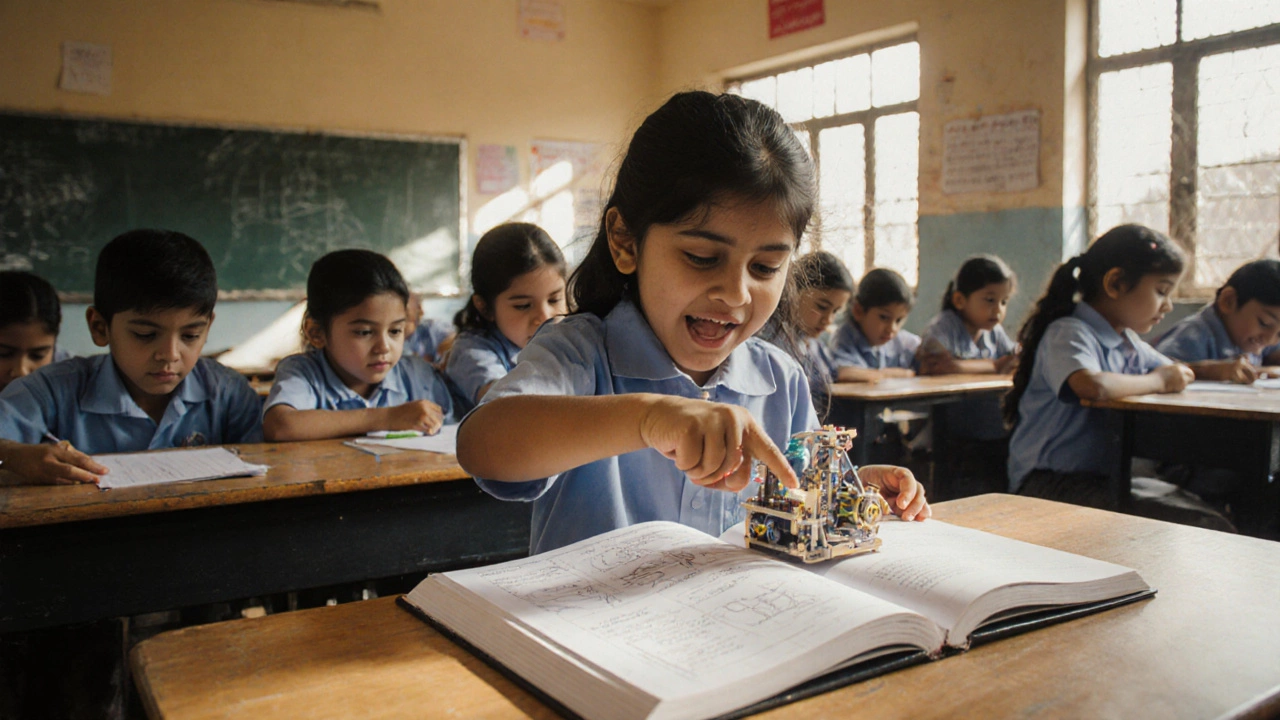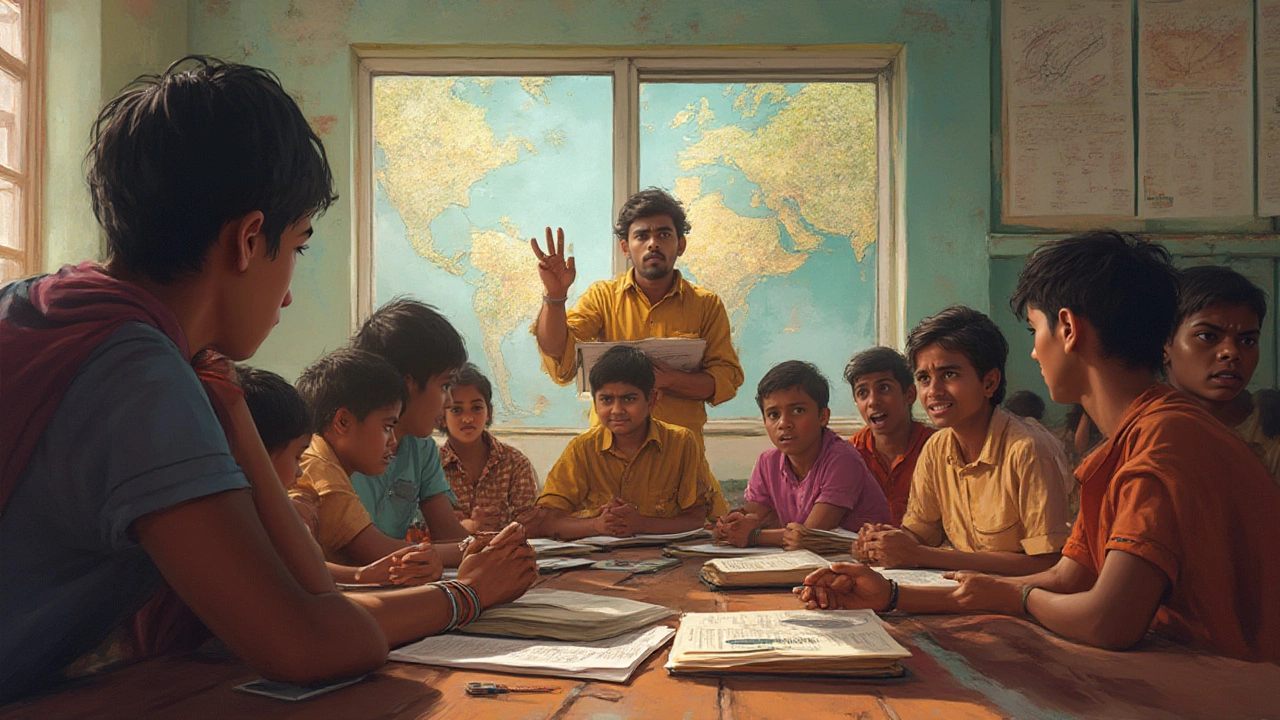CBSE vs ICSE: Which Board Suits You Best?
Choosing a school board can feel like a big decision, especially when you hear the terms CBSE and ICSE tossed around. Both are respected, but they serve different learning styles and future goals. Let’s break down what makes each board tick, so you can see which one clicks with your needs.
Curriculum and Exam Style
CBSE follows a national curriculum focused on concepts that line up with competitive exams like JEE and NEET. The textbooks are lean, the questions are straightforward, and the grading leans toward objective marking. ICSE, on the other hand, offers a broader syllabus with deep dives into language, arts, and science. Its exams test analytical thinking and often include long answer questions that demand detailed explanations.
In practice, CBSE students get a lot of practice with multiple‑choice and short‑answer formats, which helps when prepping for national tests. ICSE students often write longer essays and solve complex problems, which builds strong writing and reasoning skills.
Teaching Approach and Skill Development
CBSE’s approach is more about covering a wide range of topics quickly. Teachers tend to move at a steady pace, ensuring that every student can keep up with the national benchmark. This works well for students who thrive on structure and clear deadlines.
ICSE encourages deeper investigation. Projects, lab work, and extensive reading are common, giving students a chance to explore subjects beyond the textbook. If you enjoy digging into topics and like a bit of academic freedom, ICSE’s style might feel more natural.
Both boards require disciplined study habits, but the nature of the work differs. CBSE leans toward regular, short revisions, while ICSE often calls for longer study sessions to master detailed concepts.
When it comes to language, ICSE places a stronger emphasis on English proficiency. The board’s language papers are rigorous and include literature, composition, and comprehension. CBSE’s English is solid but not as demanding, making it a comfortable choice for students who prefer a balanced language load.
Another practical point: CBSE schools are more common across India, especially in tier‑2 and tier‑3 towns. ICSE schools tend to be in urban areas and private institutions, which can affect accessibility and tuition fees.
If you’re eyeing engineering or medical streams, CBSE’s alignment with JEE and NEET gives a slight edge. For those aiming for humanities, law, or creative fields, ICSE’s focus on critical thinking and language can be a real advantage.
Both boards are recognized by colleges worldwide, so neither choice limits your higher‑education options. The key is to match the board’s strengths with your personal learning style and career aspirations.
In short, CBSE offers a clean, exam‑focused path that syncs with national competitive exams, while ICSE delivers a richer, more analytical experience that hones writing and problem‑solving skills. Think about where you see yourself thriving and let that guide your decision.
CBSE, ICSE, and state boards each offer different approaches to child education in India. Learn which syllabus suits your child’s learning style, future goals, and local context.
Curious which is the 2 toughest board in India? Dive into CBSE and ICSE. Understand syllabus, exams, real struggles, and get winner tips.
Trying to pick the best school board in India can feel overwhelming, especially with all the options. This article explores how CBSE stands out compared to other boards, breaking down what makes it tick and why so many families choose it. You'll find real-world facts, tips on choosing what's best for your child, and a peek into where different boards work better. It's straight talk—just what you need to make an informed decision for your kid's future.


